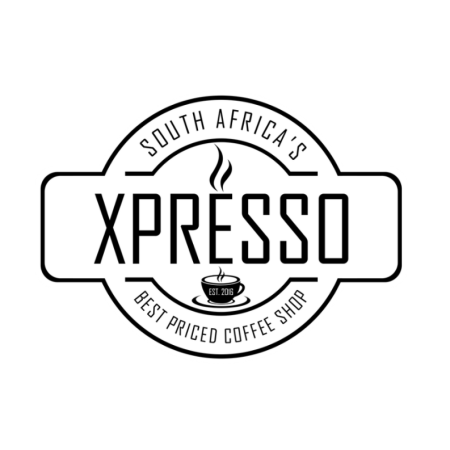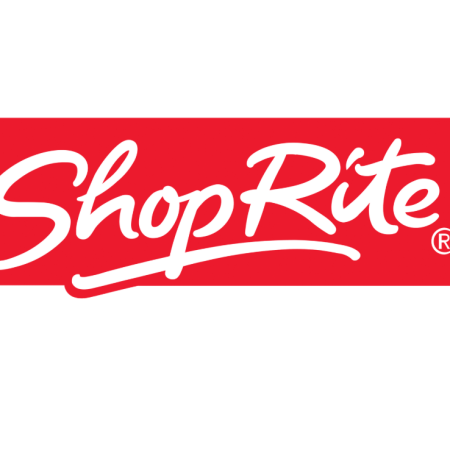Introduction
Starting a business in South Africa is a bold and exciting move. With a franchise, you can tap into an established brand, a proven business model, and ongoing support. But how do you choose the best franchise model for your entrepreneurial journey? South Africa’s diverse economy offers a range of franchise opportunities, from fast food to health and wellness, retail, and even education.
This guide will help you navigate the options and select the franchise model that aligns with your goals, skills, and local market.
1. Understand Your Strengths and Interests
Choosing a franchise is about more than just the numbers—finding a business you’ll enjoy running. Are you passionate about food and hospitality, or are you more drawn to technology or education? South Africa’s franchise market is filled with options catering to various industries, so start by considering your passions and strengths.
Self-Assessment Questions:
- Do you prefer working with people, or are you more operationally focused?
- Are you more interested in managing a team, or would you rather be hands-on?
- Do you want a business that offers flexible hours, or are you willing to commit to long hours in high-demand sectors like fast food?
2. Evaluate Market Demand
South Africa’s economic landscape is evolving, and with it, consumer behaviour. It’s crucial to select a franchise that meets a growing need. For instance, with the rise in health-conscious consumers, health and wellness franchises are gaining traction. Similarly, the demand for convenience services is seeing retail and courier franchises grow in popularity.
Before investing, research market trends and consumer preferences in your region. Are there untapped markets? Will there be demand for your product or service in the long run? Consider industries that are resilient and adaptive to economic fluctuations.
Franchises to Consider:
- Health and Wellness: The growth of fitness centres, beauty franchises, and wellness products is evident post-pandemic.
- Courier and Logistics: As e-commerce expands, the demand for reliable courier services is at an all-time high.
- Education and Tutoring: With a growing focus on quality education, franchises in this sector are thriving.
- Fast food: The consumer’s ever-increasing appetite for convenience will continue to boost this sector.
3. Look at Franchise Support
A significant benefit of buying a franchise is the ongoing support you receive from the franchisor. South African franchisors often provide training, marketing assistance, and operational support. Before committing, investigate how much help you’ll receive. Some brands offer complete turnkey solutions, while others may provide limited guidance.
Key Questions to ask about Support:
- Training: Is there an initial training programme to get you started? Are there ongoing learning opportunities for you and your staff?
- Marketing: Does the franchisor provide national or regional marketing support? Will you have access to ready-made promotional materials? Is social media centralised or the responsibility of each franchisee?
- Operations: Are there established systems for sales transactions, stock management, accounting, and customer relationship management? Will you receive access to software or tools to streamline operations?
4. Consider the Investment Costs
Franchise fees and startup costs vary greatly depending on the brand and the type of business. In South Africa, a franchise investment can range from R100,000 for smaller, home-based franchises to several million for well-established brands like KFC or McDonald’s.
When choosing a franchise, ensure that you understand all the financial requirements. Beyond the initial investment, there will be ongoing royalty fees, marketing fees, and operational costs. Make sure you have enough capital to cover the initial setup and maintain the business through its early stages.
Tips for Managing Costs:
- Explore Funding Options: South Africa has several funding institutions, such as the Small Enterprise Finance Agency (SEFA) and various banks, that offer loans for franchise businesses.
- Franchise Resales: Consider buying a franchise sale if you want an entry point into an existing franchise. These businesses are already established, reducing your initial marketing and customer acquisition costs. They may cost more because of the goodwill factor, but it may be the only way to gain entry to an established brand.
5. Investigate the Franchise’s Reputation
Reputation matters in franchising. You’re investing in a brand, so it’s vital to ensure the franchise has a positive track record in South Africa. Speak with other franchisees in the network and assess the company’s success in the local market. Consider customer reviews and online feedback to gauge how the brand is perceived.
Questions to Ask Existing Franchisees:
- How long did it take for the business to become profitable?
- What challenges did they face in their first year?
- What level of support did they receive from the franchisor?
- Would they buy the franchise again if they had to do it all over?
6. Choose a Franchise That Aligns with Your Long-Term Goals
Every entrepreneur has different goals. Some want to build a single, stable business, while others aspire to open multiple franchise locations or diversify across industries. Consider your long-term vision when choosing a franchise model.
Key Considerations:
- Scalability: Does the franchise model allow for expansion? Are there opportunities to open multiple units or branches?
- Exit Strategy: If you plan to sell the business eventually, research how easy it will be to sell the franchise.
7. Seek Professional Advice
Before signing any franchise agreement, consult with professionals. Franchise contracts are legally binding and often complex. Engaging a franchise attorney or consultant who understands the South African market will help you avoid pitfalls and ensure that you are making an informed decision.
Conclusion
Choosing the right franchise model in South Africa requires careful consideration of your strengths, market demand, support structure, costs, and long-term goals. With thorough research and planning, you can find a franchise that not only suits your personal aspirations but also meets the needs of South African consumers. Whether you’re looking to break into health and wellness, retail, or any other sector, franchising offers a rewarding path to business ownership with the right fit.










